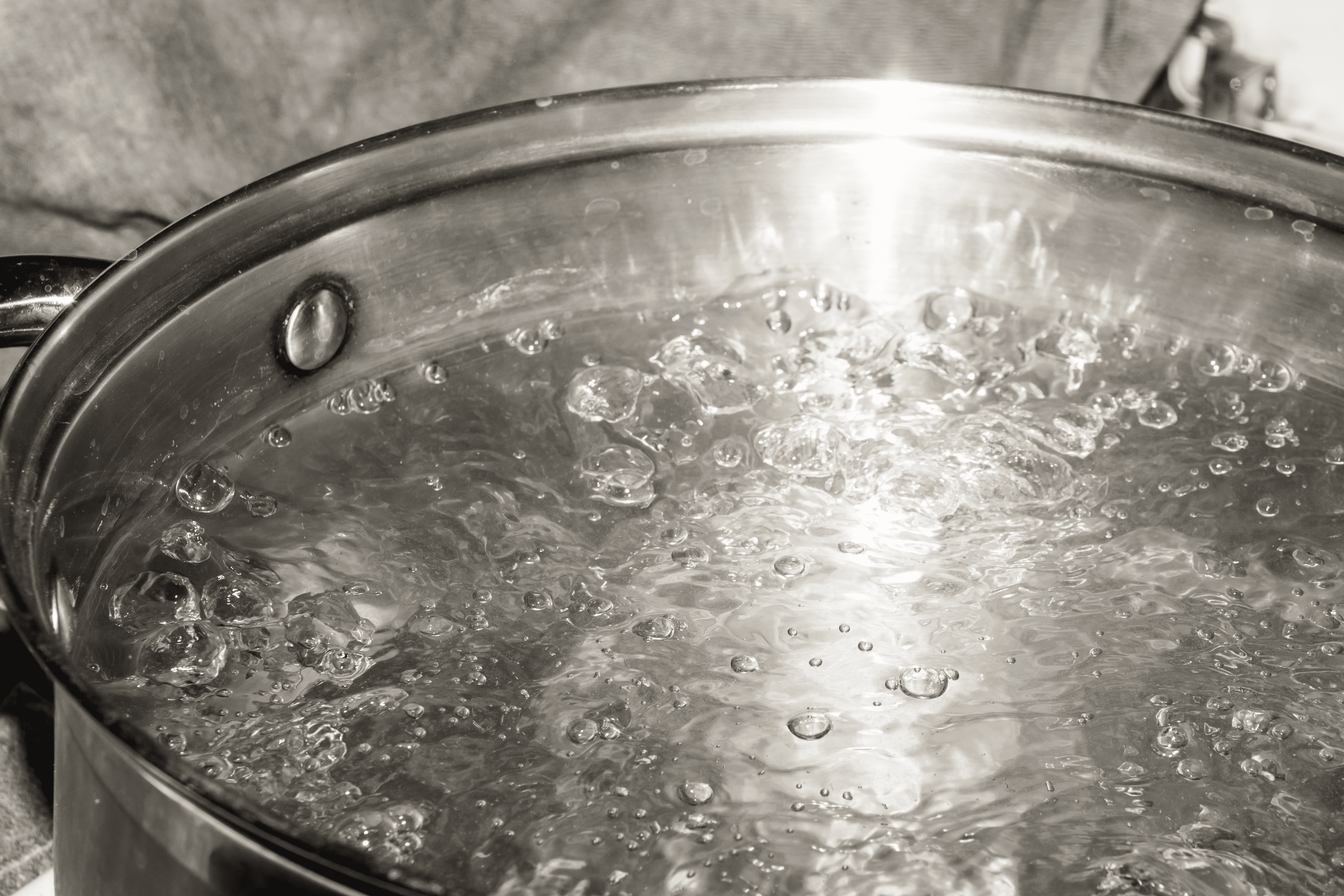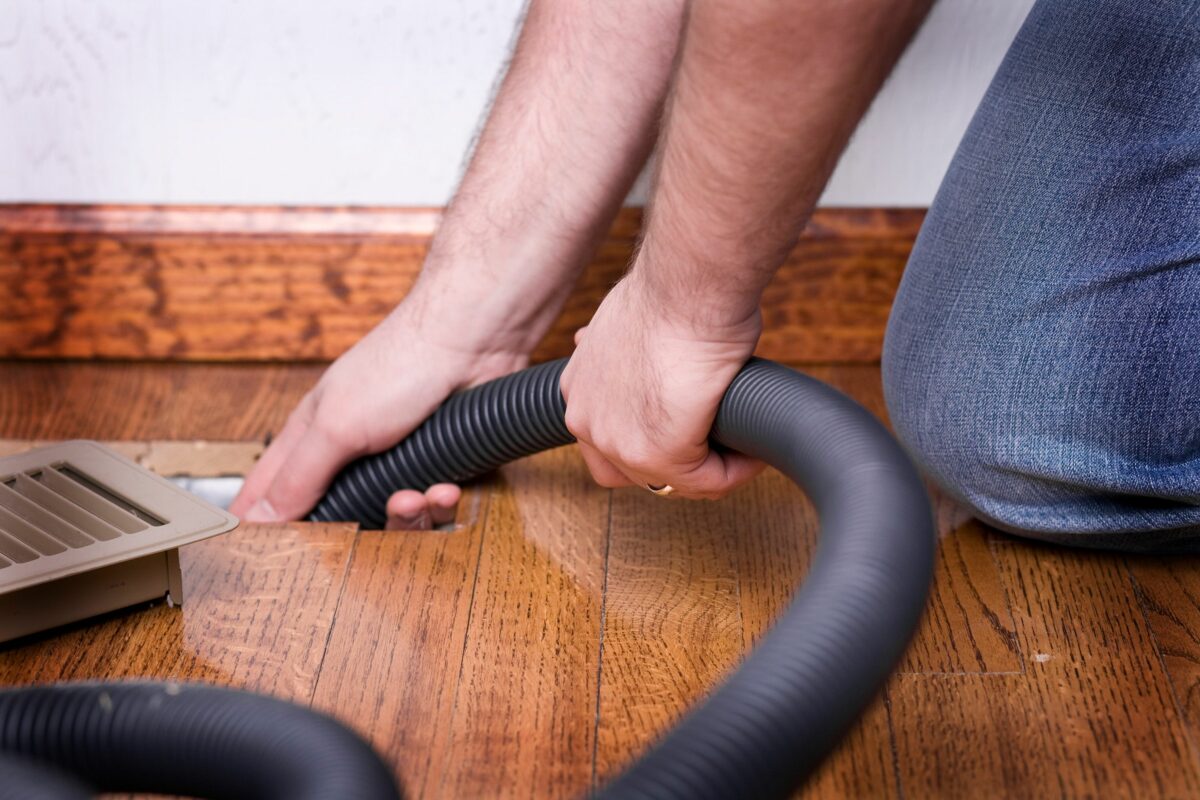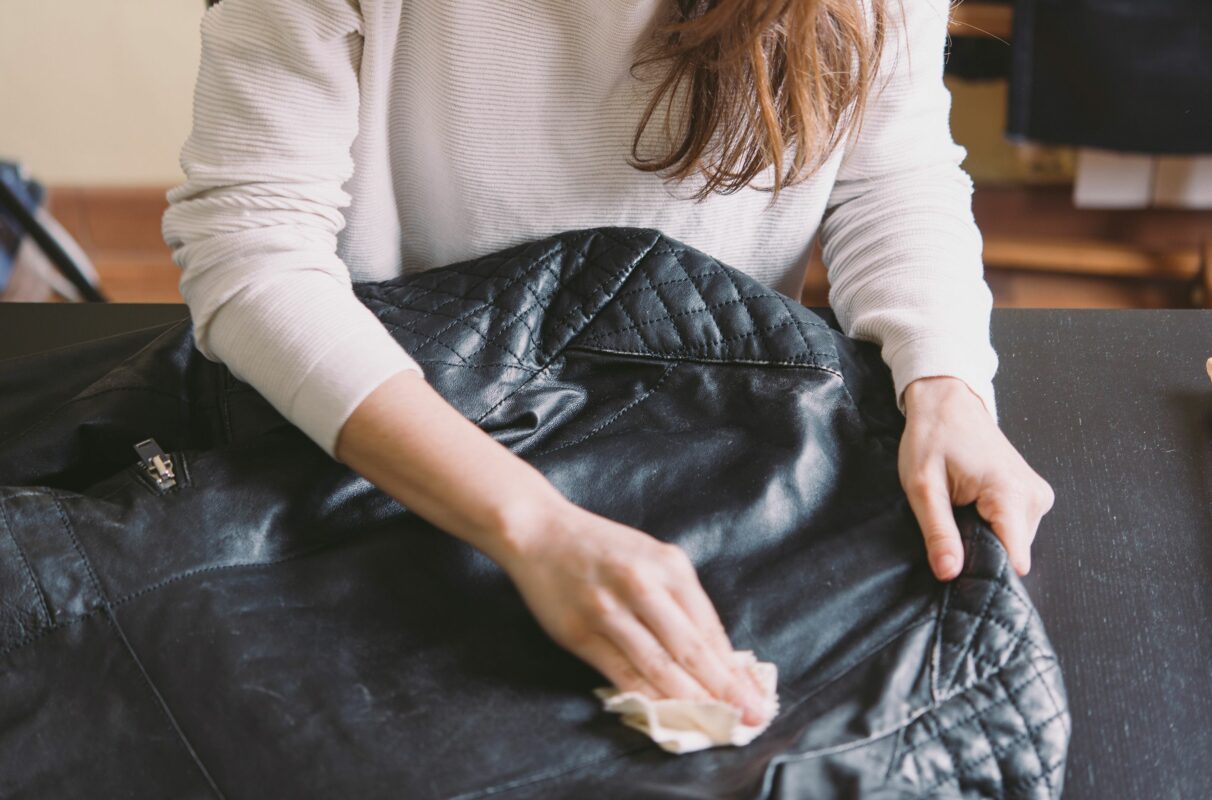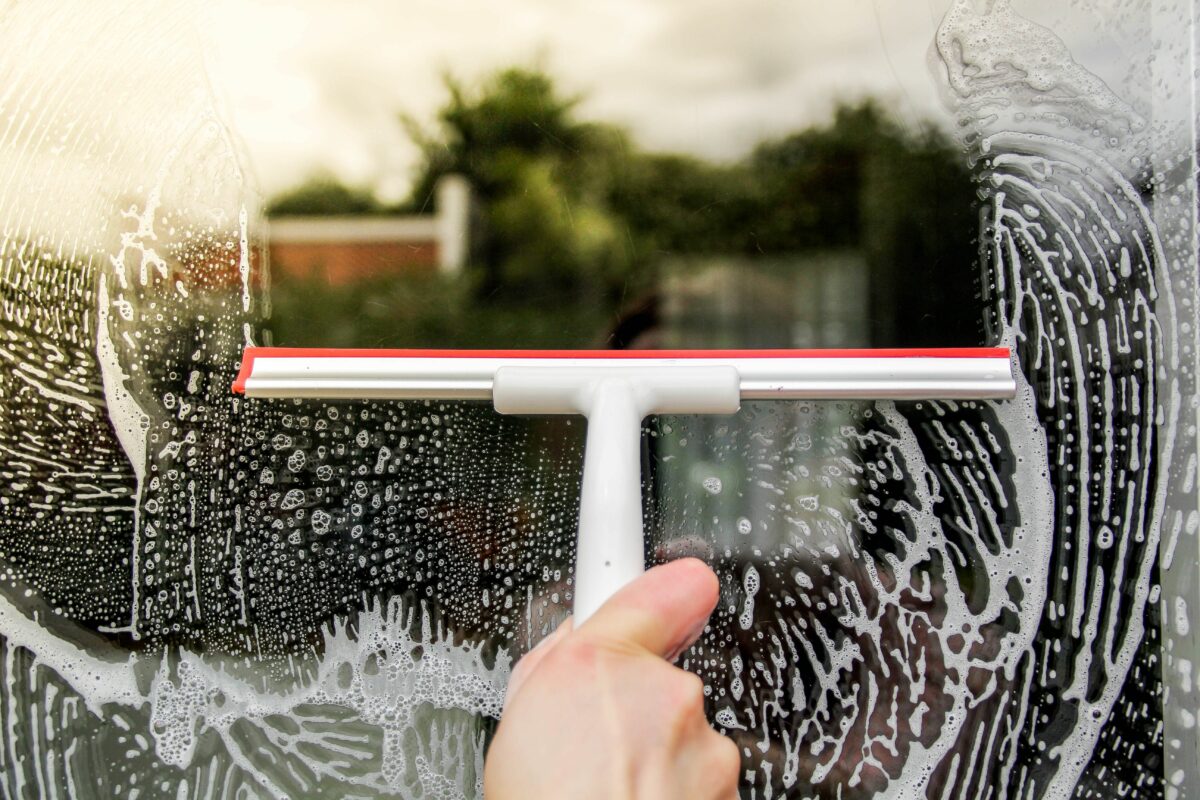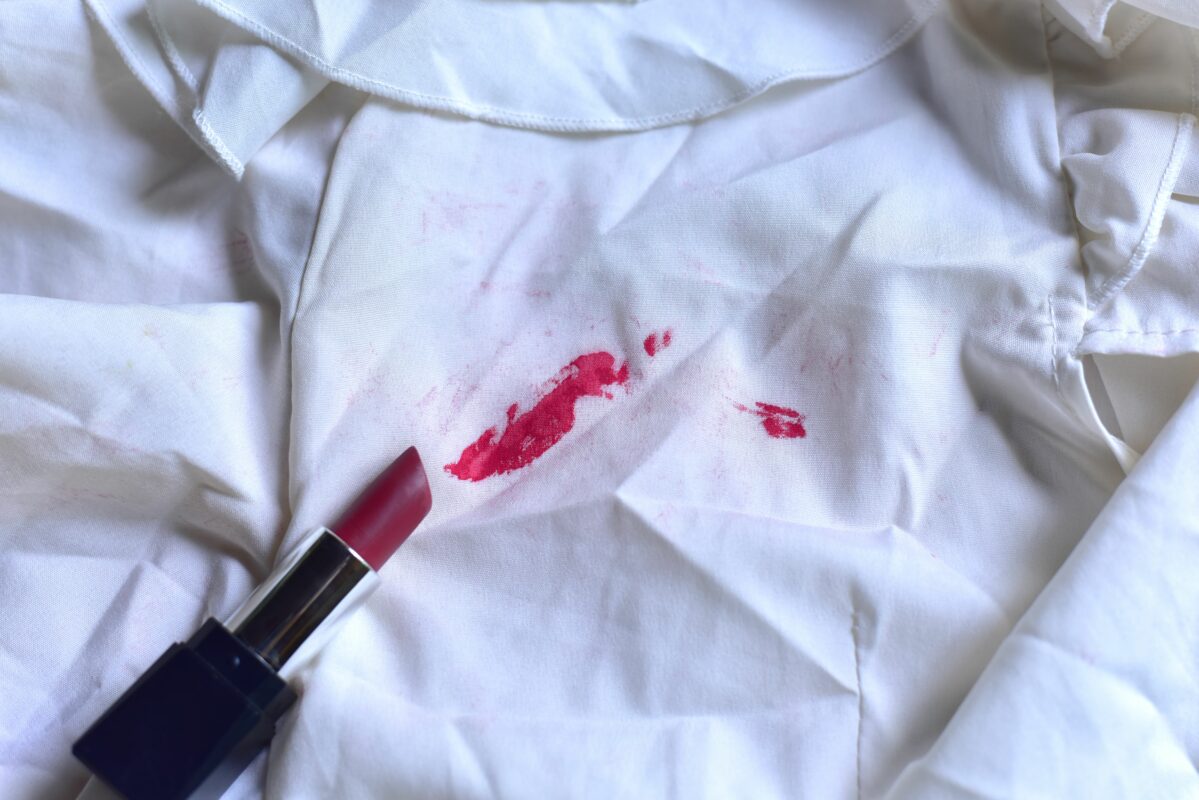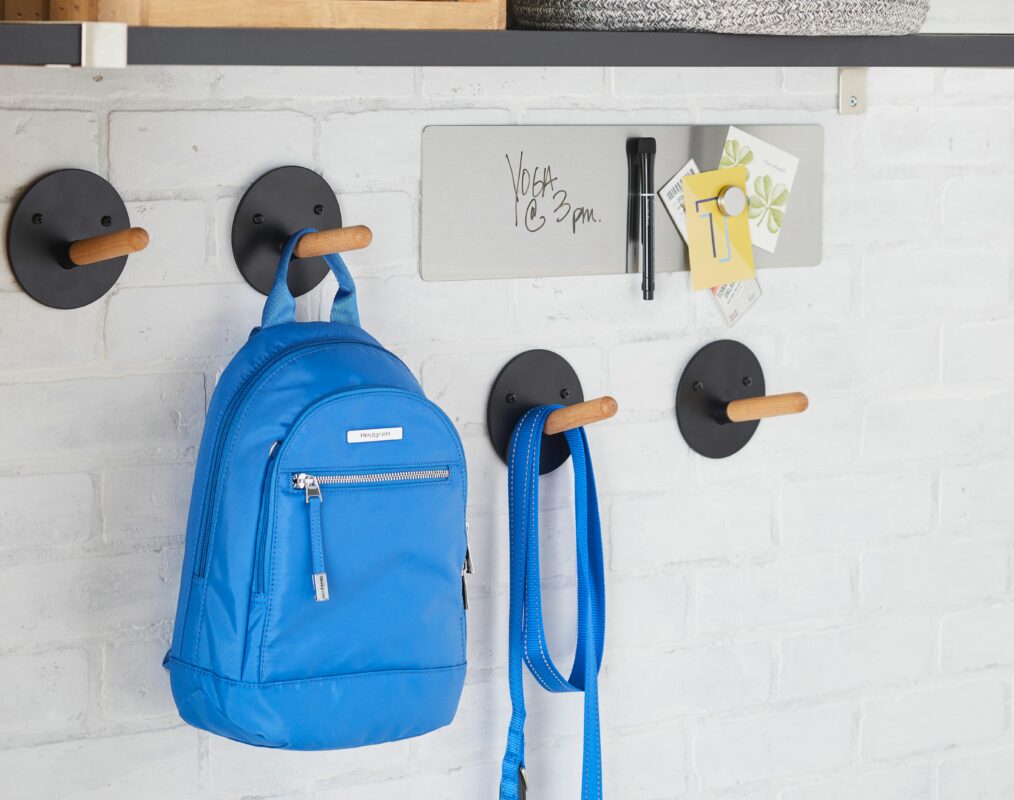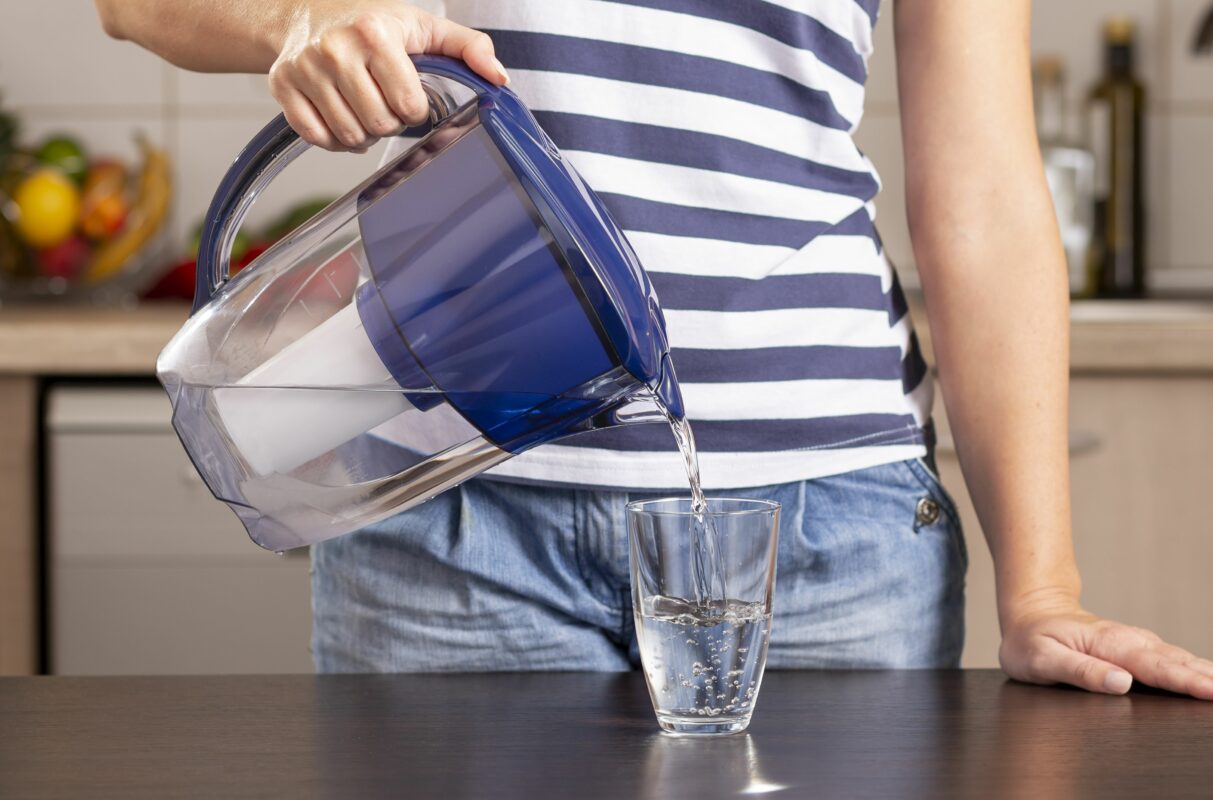In the quest for sparkling cleanliness, we sometimes resort to extreme measures—like boiling our clothes. It cleans our vegetables when we throw them on the stove, so it should do the same with our clothes, right?
Wrong. Very wrong, actually.
While this method might seem like a thorough way to sanitize your dirtiest shirts and socks or remove an impossible stain, it can cause more harm than good.
Why People Are Boiling Their Clothes
Historically, boiling was a common method used to sterilize and clean fabric when other cleaning options were limited. Some people may turn to it as a DIY remedy for particularly tough stains or to freshen up older garments that may be holding onto bad odors.
Today, people are tossing their clothes into boiling water to shrink them, whiten them, get them extra clean, or accomplish any number of goals, ostensibly to improve the quality of the article of clothing—and they’re posting about their efforts on social media. As with most things you see online, though, just remember that the results you see on social media probably aren’t what you’ll get if you try a trend for yourself.
The Downsides of Boiling Clothes
Fabric Damage
Fabrics aren’t built to handle boiling water for prolonged periods. Boiling can weaken fibers, causing them to become brittle, shrink, or lose their shape—especially natural fibers like wool or silk.
Color Fading and Bleeding
High temperatures can make dyes bleed or fade, turning your favorite shirt into a tie-dye disaster. This is especially a problem for vibrant or delicate fabrics.
Loss of Elasticity
Many modern garments contain elastic fibers or synthetic materials that can degrade under extreme heat. Boiling can cause these materials to lose their stretchiness and resilience; your favorite pair of jeans that you have been wearing religiously for the last decade are most definitely going to lose that incomparable quality if you sink them in boiling water.
Seam Damage
The heat and agitation from boiling can weaken seams and stitching, causing them to unravel or fray. This compromises the structural integrity of the garment, leading to premature wear and tear.
Environmental Impact
Boiling clothes consumes significant amounts of water and energy, making it an environmentally-unfriendly cleaning method compared to more energy efficient washing machines and detergents.
Is boiling your clothes ever a good idea?
There are rare instances where boiling clothes could be considered useful, with extreme caution. In situations involving infectious diseases or certain types of contaminants, health professionals might recommend boiling as a last resort to ensure complete disinfection. However, even in these scenarios, specialized guidance and precautions would be necessary to prevent damage to the fabric.
Alternative Methods to Fix Your Clothes
While boiling might seem like a quick fix for a tough stain or funky smell, it’s not worth the risk. Stick to regular washing methods (machine or hand-washing, for example) and follow the care labels on your clothes. Treat tough stains with pre-treaters and opt for longer wash cycles instead of cranking up the heat. Your clothes (and your wallet) will thank you for it.


